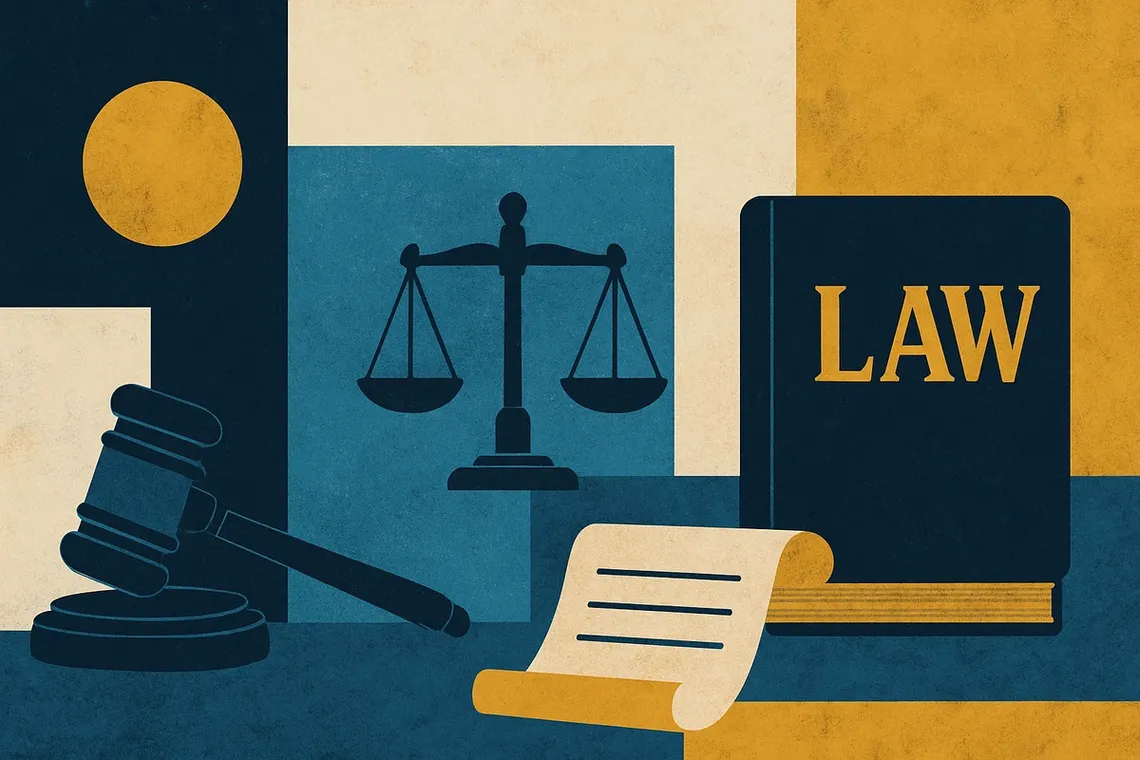Q. What should ministry leaders know about contracts?
1 min read

A. Contracts should be reviewed for legal terms, risks, rights and responsibilities before signing to protect the ministry.
Ministries have a significant opportunity to control risk when they enter into contracts. Taking a proactive approach to managing legal risk when contracting helps ministry leaders to be good stewards of the resources entrusted to them.
Key Contract Components
Ministry leaders should be familiar with the rights and responsibilities of the ministry in any potential contract. They should also be familiar with basic contract terminology. Key contract components that have an impact on a ministry include:
Performance dates
Insurance requirements
Hold Harmless and Indemnity clauses
Waiver of Subrogation
Warranties
Default/termination clause
It’s important that ministry leaders have an attorney review any contract before they sign it. The assistance of a competent insurance agent is also valuable, because contracts often have an impact on insurance coverage.
How to Examine a Contract
To ensure that everyone has the same understanding, put any significant agreement in writing.
It pays to carefully study any agreement before you sign it. Having an attorney review important contracts is also a good idea.
You don’t need a written document in order to have a legally enforceable agreement. You can enter into a ‘contract’ simply by making a verbal promise. However, verbal promises can create big problems if you or the other party disagree. If the agreement contains a term or clause that you don’t understand, learn what it means before signing your name on the line.
Contracts Can Be Rewritten
A contract is simply an agreement that creates a legal obligation to make good on its promises. Terms can usually be modified if all of the parties consent. In most cases, everything will go smoothly and no problems will arise. When disagreements do occur, however, you’ll be better off if you understand the document you signed.
Some essential points to review:
Services
Exactly what are you agreeing to pay for?
Are some services included in the base price, with other services costing more?
When will the service begin and end?
Products
What exactly will be delivered? When?
If it’s a recurring order, how frequently will the product be delivered?
Can you refuse to accept products that are damaged or that aren’t what you expected?
Term
When does the contract start and end?
Will charges or fees increase during the term of the contract?
Payment
When is payment due?
Will the vendor charge late fees if you fail to pay on time?
Renewal
What happens at the end of the contract?
Does the agreement automatically renew if one party does not terminate?
How long does the renewal period last?
Termination
When and how can the contract be terminated, if someone doesn’t live up to its terms?
If the contract is breached, who must pay what?
Disagreement resolution
How will disagreements regarding the contract be handled?
Does the contract require mediation or arbitration?
What law applies to contract disputes?
Must disputes be resolved in a specified court or by a specified mediation or arbitration entity?
Posted 2017
The information we provide is intended to be helpful, but it does not constitute legal advice and is not a substitute for the advice from a licensed attorney in your area. Accordingly, no attorney/client relationship is created through this process, and no legal advice will be provided. We strongly encourage you to regularly consult with a local attorney as part of your risk management program.